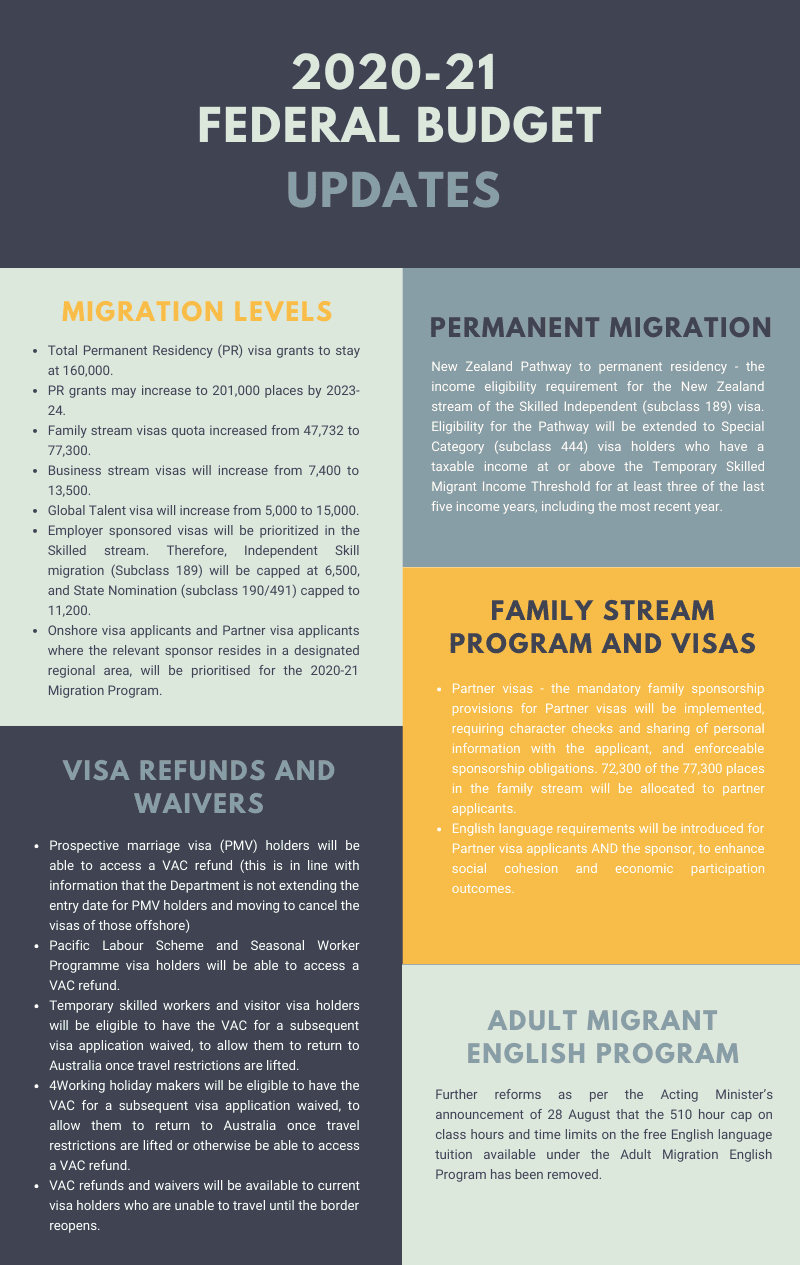Australia’s Post-Election Migration Outlook: What Labor’s 2025 Win Means for Migration Policy
Following its re-election in the 2025 federal election, the Albanese government has signalled a renewed focus on reshaping Australia’s migration system. With continued pressures on housing, workforce supply, and international education, the government is aiming to strike a delicate balance: reforming migration settings while maintaining the vital contribution of migrants to the Australian economy and society.
Labor’s Migration Plan: Reform Without Retrenchment
The government’s messaging, both before and after the election, makes one thing clear: Australia’s migration program will be refined, not reduced. Labor has consistently emphasised its intention to “bring migration under control,” but this does not translate to significant cuts to intake levels. Rather, the focus is on better alignment between migration, infrastructure capacity, and economic needs.[1]
Key programs such as the Skills in Demand (Subclass 482) visa and the Employer Nomination Scheme (Subclass 186) are expected to undergo targeted eligibility changes. Simultaneously, the Skilled Employer Sponsored Regional (Subclass 494) visa may receive additional support or incentives to draw talent to regional areas, consistent with the government’s broader decentralisation and regional development objectives.[2]
The Albanese government is also prioritising simplified pathways to permanent residency, especially for skilled migrants and those on employer-sponsored visas. Changes to the Temporary Graduate visa (Subclass 485) and international student work rights are anticipated, reflecting an effort to better align graduate migration outcomes with Australia’s long-term labour market needs.[3]
Forecasting Stability and Control
Treasury forecasts suggest that net overseas migration (NOM) will taper to around 260,000 by 2025–26, a significant moderation from the post-pandemic rebound that saw migration exceed 500,000 in 2022–23. This projected slowdown is part of a broader strategy to reduce pressure on housing supply, public infrastructure, and services — particularly in major metropolitan centres.
As part of this strategy, the government is working toward implementing a cap on international student enrolments, reportedly around 270,000 annually, to stabilise growth in the education sector and address housing concerns. While this proposed cap was met with resistance from the Opposition during the election campaign,[4] Labor has indicated its intention to work with state governments and the higher education sector to implement it responsibly.
The international education industry — valued at approximately $40 billion annually — remains a cornerstone of Australia’s economy. Labor’s challenge is to ensure that reforms ease pressure on rental markets and community services in major metropolitan areas, without undermining the sector’s global competitiveness.
Looking Ahead
With its re-election, the Albanese government now has the mandate to deliver a more structured and forward-looking migration framework. Its approach favours measured, evidence-based reform over abrupt policy shifts. Key aims include:
-
- Restoring integrity to visa processing and program settings.
- Improving regional migration pathways to alleviate urban congestion.
- Enhancing permanent residency access for temporary migrants.
- Recalibrating student and graduate visa settings to align with labour market needs.
For individuals, families, and employers navigating the Australian migration landscape, these developments signal the importance of early planning and tailored legal advice. As policy settings continue to evolve, staying informed and proactive will be critical to making the most of the opportunities ahead.
Need Guidance on the Latest Migration Changes?
If you or your organisation is affected by these changes, or you’re seeking to understand how upcoming reforms may influence your migration plans, our experienced immigration law team is here to help. Contact us for personalised advice tailored to your situation.






